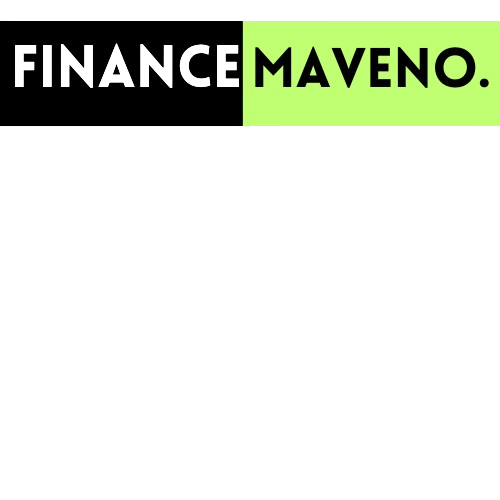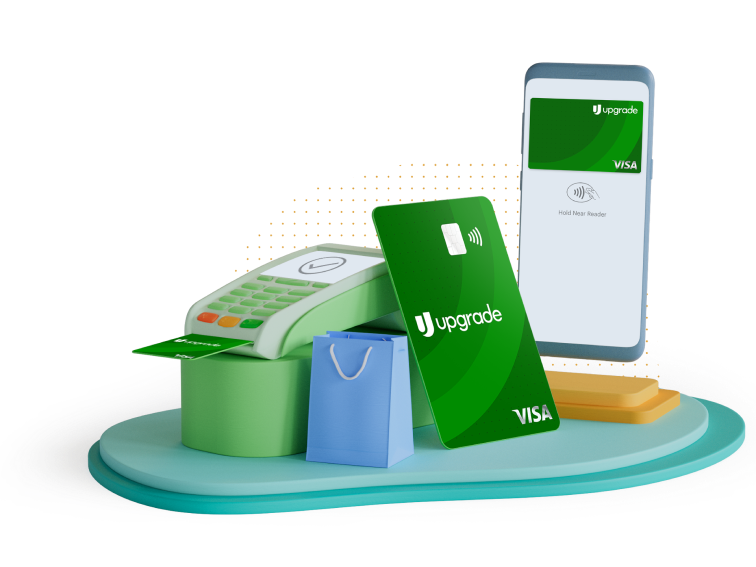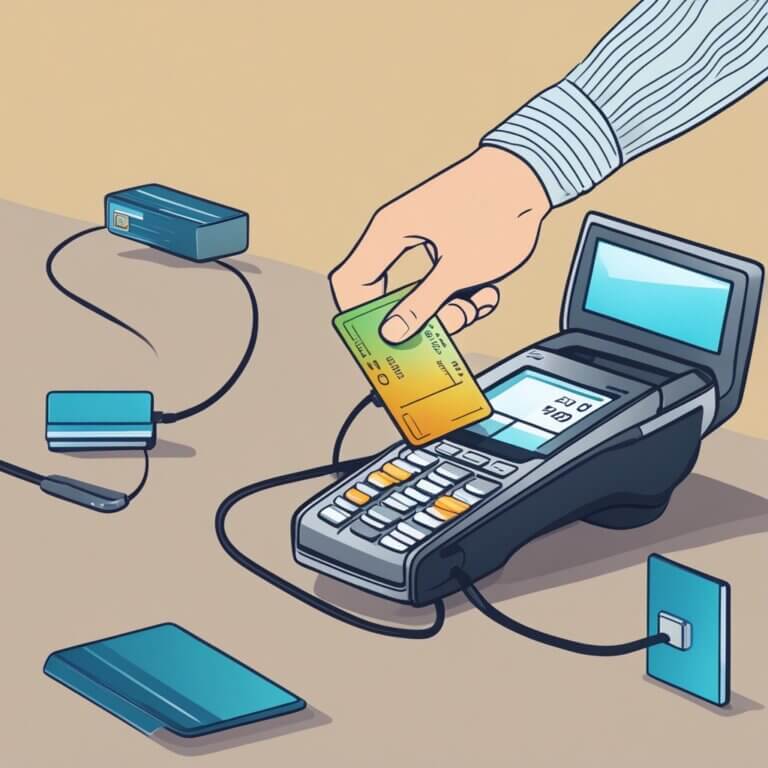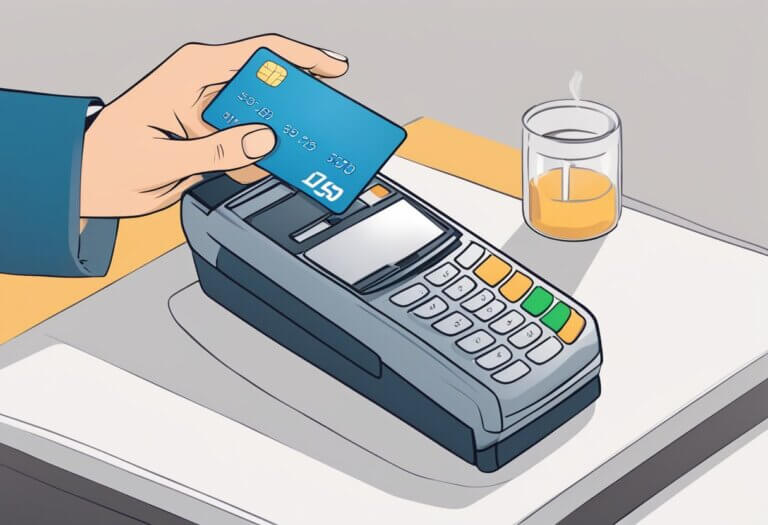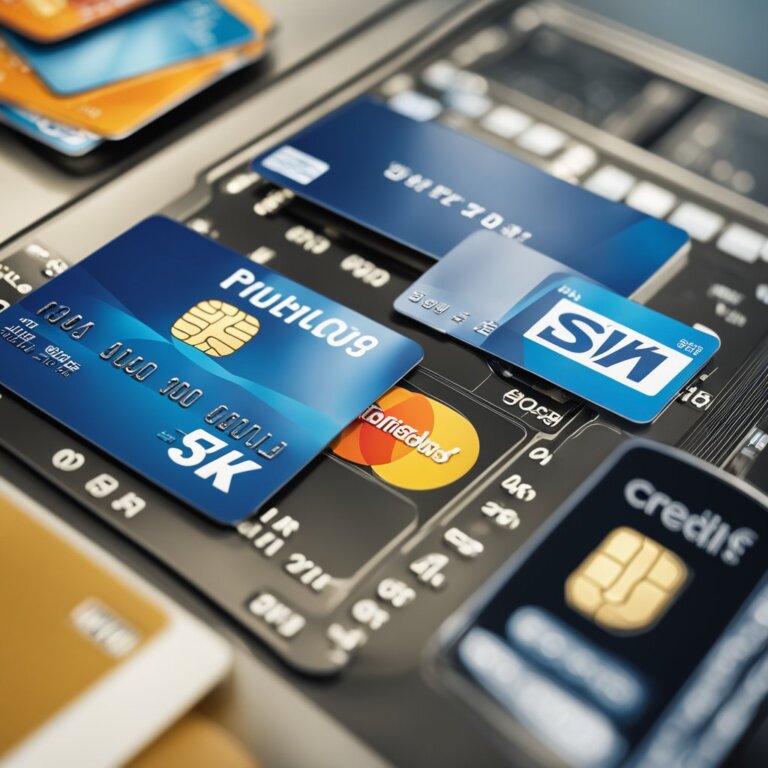Does Debt Relief Hurt Your Credit – Facts to Know
This blog post will answer the question “does debt relief hurt your credit?”
Debt relief can be a lifeline for individuals drowning in financial obligations, offering a pathway to manage or reduce debt effectively.
However, one of the common concerns associated with debt relief options is the impact on credit scores.
This comprehensive guide will delve into how debt relief affects your credit, explore different types of debt relief,…
…and offer insights into minimizing negative impacts while rebuilding credit.
KEY TAKEAWAYS –
1. Debt Relief Options Vary in Impact on Credit Scores
Different types of debt relief—such as debt settlement, consolidation, and bankruptcy—affect your credit score in varying ways.
While debt settlement and bankruptcy can significantly lower your credit score in the short term,…
…options like debt consolidation or credit counseling might have a less severe impact if managed responsibly.
2. Short-Term vs. Long-Term Effects
The immediate impact of debt relief on your credit score can be negative, with potential drops due to missed payments or settlements.
However, in the long term, effectively managing debt relief can improve your financial health and credit score, especially if you follow up with responsible credit practices.
3. Professional Guidance is Crucial
Seeking advice from financial advisors, credit counselors, or reputable debt relief companies like CuraDebt can help you navigate the complexities of debt relief options.
They can provide tailored solutions, minimize negative impacts, and support you through the debt relief and credit rebuilding process.
4. Rebuilding Credit is a Gradual Process
After debt relief, it’s important to focus on rebuilding your credit by creating a budget, using secured credit cards responsibly, and monitoring your credit report.
With consistent and responsible financial behavior, you can gradually improve your credit score and achieve long-term financial stability.
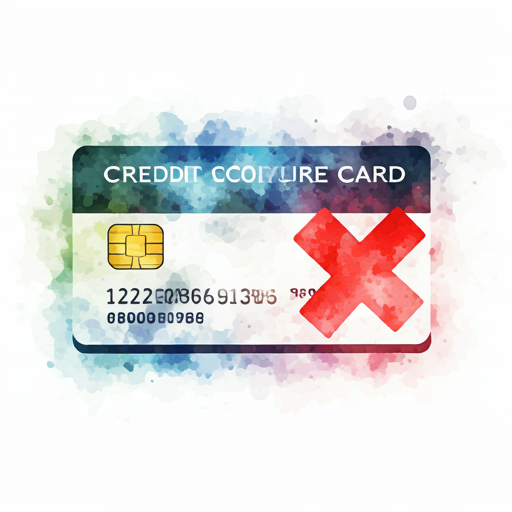
Understanding Credit Scores and How They Are Affected
What is a Credit Score?
A credit score is a numerical representation of your creditworthiness, typically ranging from 300 to 850.
It is based on your credit history and helps lenders determine how risky it would be to lend you money.
Credit scores are influenced by several factors, including:
- Payment History (35%): This is the most significant factor, reflecting whether you’ve paid your bills on time.
- Credit Utilization (30%): This ratio measures the amount of credit you’re using compared to your total available credit.
- Length of Credit History (15%): This factor considers how long you’ve had credit accounts.
- Types of Credit Used (10%): A mix of different types of credit accounts (credit cards, mortgages, auto loans) can be beneficial.
- New Credit Inquiries (10%): This includes recent credit inquiries and new credit accounts.
How Debt Relief Affects Your Credit Score
Debt relief options, such as debt settlement, consolidation, and bankruptcy, can have varying impacts on your credit score.
The nature of these effects depends on the type of relief you choose and how it is managed.
Here’s a breakdown of the typical impacts of different debt relief options:
Debt Settlement:
This involves negotiating with creditors to pay less than what you owe.
While it can reduce your debt burden, it often results in a significant drop in your credit score due to the late payments,…
…and settlements being reported as “settled for less than owed.”
Debt Consolidation:
This method involves taking out a new loan to pay off multiple debts.
If done responsibly, debt consolidation can improve your credit score by simplifying payments and potentially reducing your credit utilization.
However, missing payments on the new loan or taking on more debt can adversely affect your score.
Bankruptcy:
Bankruptcy has the most severe impact on credit scores.
A bankruptcy filing will remain on your credit report for up to 10 years, drastically lowering your credit score.
However, it can also provide relief from overwhelming debt and give you a fresh start.
Different Types of Debt Relief Options
1. Debt Settlement
Debt settlement involves negotiating with creditors to accept a reduced amount as full payment.
This option can be effective for those with substantial unsecured debt who are struggling to make minimum payments.
However, debt settlement can negatively impact your credit score because it typically involves missed payments and settlements reported as “paid less than owed.”
2. Debt Consolidation
Debt consolidation combines multiple debts into a single loan with a lower interest rate.
This can simplify payments and reduce the total interest paid.
There are two main types of debt consolidation:
- Personal Loans: A new loan is taken to pay off existing debts. This can lower your credit utilization ratio and simplify payments if managed responsibly.
- Balance Transfer Credit Cards: Transferring existing credit card balances to a card with a lower interest rate can save money on interest and simplify payments.
3. Credit Counseling
Credit counseling involves working with a certified counselor to create a debt management plan (DMP).
The counselor negotiates with creditors to lower interest rates and consolidate payments into a single monthly amount.
Successfully completing a DMP can have a positive impact on your credit,…
…though the accounts involved may be marked as “part of a debt management plan” on your credit report.
4. Bankruptcy
Bankruptcy is a legal process that can discharge or reorganize debt. There are two main types:
- Chapter 7: Discharges most unsecured debts but remains on your credit report for up to 10 years.
- Chapter 13: Reorganizes debt into a payment plan, which lasts 3 to 5 years, and remains on your credit report for up to 7 years.
5. Debt Relief Programs
These are managed by debt relief companies that offer services such as debt settlement, consolidation, or management.
The impact on credit scores varies based on the type of service provided and how it is executed.
The Impact of Debt Relief on Credit Scores
Immediate Effects
Debt relief options can lead to an immediate decline in your credit score due to late payments, settlements, or new credit inquiries.
For instance:
- Debt Settlement: May cause your credit score to drop significantly due to the negative marks from missed payments and settled accounts.
- Consolidation: Can cause a temporary drop if you accumulate new debt or if the consolidation loan involves a hard inquiry.
- Bankruptcy: Results in a dramatic decrease in credit score and remains on your credit report for several years.
Long-Term Effects
While debt relief can initially hurt your credit score, it can also offer long-term benefits by:
- Reducing Debt: Successfully reducing or eliminating debt can improve your credit score over time as you manage your new financial situation responsibly.
- Improving Financial Health: Better financial management and reduced debt can lead to improved credit scores in the long run.
Factors to Consider Before Choosing Debt Relief
Financial Situation
Assess your current financial situation to determine which debt relief option is most suitable. Consider factors such as:
- Amount of Debt: The total amount of debt you owe can influence which option is most feasible.
- Income and Budget: Your ability to make payments and manage a new loan or payment plan is crucial.
- Assets: Evaluate your assets and how they might be affected by different debt relief options, especially in bankruptcy.
Credit Score Impact
Understand how each debt relief option will affect your credit score both in the short and long term.
Be aware of the potential drop in your score and the time it may take to recover.
Professional Advice
Consult with a financial advisor or credit counselor to explore your options and understand the potential outcomes.
Creditor Relationships
Consider how each option will affect your relationships with creditors.
Some options, like debt settlement, may impact these relationships more than others.
Common Myths About Debt Relief and Credit Scores

Myth 1: Debt Relief Always Negatively Impacts Credit Scores
While many debt relief options can initially hurt your credit score, others, such as credit counseling or debt consolidation, may have a less severe impact.
The key is how you manage the relief process and your finances afterward.
Myth 2: Bankruptcy Permanently Ruins Your Credit
Bankruptcy does have a significant impact on your credit score, but it is not a permanent sentence.
With responsible financial behavior, you can rebuild your credit over time.
Myth 3: Debt Settlement Improves Credit Scores Quickly
Debt settlement may initially damage your credit score due to missed payments and settlements,…
…but it can eventually improve your score once the debt is reduced and you manage your finances better.
Myth 4: All Debt Relief Programs Are Scams
While there are fraudulent debt relief programs, many legitimate options can help manage or reduce debt effectively.
Research and choose reputable services to ensure you receive honest and effective assistance.
Read this post where I debunked’10 Common Debt Relief Myths.
Steps to Minimize the Negative Impact on Credit Scores During Debt Relief
1. Make Payments on Time
Ensure timely payments on any new debt or consolidation loan to minimize negative impacts on your credit score.
2. Monitor Your Credit Report
Regularly check your credit report for inaccuracies and ensure that your debt relief actions are reported correctly.
3. Avoid New Debt
Refrain from accumulating new debt while undergoing debt relief, as this can exacerbate credit problems.
4. Communicate with Creditors
Keep open communication with your creditors and negotiate terms that can help mitigate the negative effects on your credit.
5. Follow Through with Debt Relief Plans
Stick to your debt relief plan or management strategy to ensure it works effectively and improves your financial situation.
Rebuilding Credit After Debt Relief
1. Create a Budget
Develop a budget to manage your finances and avoid falling back into debt. Stick to this budget to build a positive financial history.
2. Secure a Secured Credit Card
Use a secured credit card responsibly to rebuild your credit. Make small purchases and pay off the balance in full each month.
3. Monitor Your Credit Score
Track your credit score to see improvements and identify areas where you can further enhance your credit profile.
4. Build Positive Credit History
Ensure timely payments on all accounts and keep your credit utilization low.
A positive credit history will gradually improve your credit score.
5. Seek Professional Help
Consider consulting with a credit counselor or financial advisor to guide you through the credit rebuilding process.
Seeking Professional Advice for Debt Relief and Credit Repair
Financial Advisors
A financial advisor can provide personalized advice on managing debt and improving your credit score.
Credit Counselors
Certified credit counselors offer debt management plans and financial education to help you navigate debt relief options.
Bankruptcy Attorneys
If bankruptcy is a consideration, consult with a bankruptcy attorney to understand the legal implications and ensure proper filing.
CuraDebt – Your Best Bet for Debt Relief
What is CuraDebt?
CuraDebt is a reputable debt relief company offering a range of services, including debt settlement and credit counseling.
They provide personalized solutions based on your financial situation and work with creditors to negotiate better terms.
How CuraDebt Helps
CuraDebt’s experienced professionals can help you navigate the complexities of debt relief while minimizing the impact on your credit score.
They offer:
Debt Settlement Services:
Negotiate with creditors to reduce debt amounts.
Credit Counseling:
Develop a debt management plan to consolidate payments and lower interest rates.
Debt Consolidation Loans: Combine multiple debts into a single loan with a potentially lower interest rate.
Advantages of Choosing Curadebt
Expert Guidance: CuraDebt provides expert advice tailored to your financial situation, helping you select the most appropriate debt relief strategy.
Reputable Services: As a trusted name in the industry, CuraDebt ensures that all services are conducted transparently and ethically.
Customer Support: They offer ongoing support throughout the debt relief process, helping you stay on track and achieve financial stability.
Weighing the Pros and Cons of Debt Relief on Credit Scores
Debt relief can be a powerful tool for managing and reducing debt, but it comes with implications for your credit score.
It’s crucial to understand both the immediate and long-term effects of various debt relief options,…
…and make an informed decision based on your financial situation.
Pros of Debt Relief
Debt Reduction: Debt relief can significantly reduce the total amount of debt you owe, providing financial relief.
Simplified Payments: Options like debt consolidation can simplify your payment process, making it easier to manage your finances.
Fresh Start: Bankruptcy, while severe, can offer a fresh start by discharging overwhelming debt and providing an opportunity to rebuild.
Cons of Debt Relief
Initial Credit Score Drop: Most debt relief options will lead to a temporary decrease in your credit score due to missed payments, settlements, or new credit inquiries.
Long-Term Impact: Some options, like bankruptcy, can have a long-term impact on your credit report, lasting up to 10 years.
Potential for More Debt: Without careful management, you might accumulate new debt, exacerbating credit problems.
Making the Right Choice
When considering debt relief, evaluate the following:
Current Financial Health: Assess your total debt, income, and budget to determine the most suitable option.
Credit Score Impact: Understand how each debt relief option will affect your credit score and the duration of the impact.
Professional Advice: Seek guidance from financial advisors or credit counselors to make informed decisions and choose the best path forward.
By carefully weighing the pros and cons of debt relief options,…
…you can navigate your financial challenges more effectively and work towards improving your credit score over time.
Frequently Asked Questions
1. Does debt relief always hurt your credit score?
Debt relief does typically result in a temporary drop in your credit score due to factors like missed payments or settlements being reported.
However, the extent of the impact varies depending on the type of debt relief.
For instance, debt settlement and bankruptcy often lead to more significant drops compared to debt consolidation or credit counseling.
The long-term impact can be positive if you manage your finances responsibly after the relief process.
2. How long does debt relief affect my credit score?
The duration of the impact on your credit score depends on the type of debt relief:
- Debt Settlement: The negative effects can last for several years, as settled accounts may remain on your credit report for up to seven years.
- Debt Consolidation: The impact is usually less severe and may be short-term, especially if you maintain good payment habits on the new loan.
- Bankruptcy: Chapter 7 bankruptcy can affect your credit score for up to 10 years, while Chapter 13 bankruptcy can stay on your report for up to 7 years.
3. Can I improve my credit score after debt relief?
Yes, you can improve your credit score after debt relief.
Focus on creating a budget, making timely payments, and managing your credit responsibly.
Using secured credit cards and regularly monitoring your credit report will also help you rebuild your credit over time.
With consistent effort and financial discipline, you can gradually improve your score.
4. Should I seek professional help for debt relief?
Seeking professional help from financial advisors, credit counselors, or reputable debt relief companies can be highly beneficial.
Professionals can provide expert advice tailored to your financial situation, help you choose the most appropriate debt relief option, and support you through the process.
They can also assist in minimizing the negative impact on your credit score and guide you in rebuilding your credit effectively.
5. What are the benefits of debt consolidation compared to other debt relief options?
Debt consolidation combines multiple debts into a single loan with a potentially lower interest rate, making it easier to manage payments.
Unlike debt settlement and bankruptcy, debt consolidation typically has a less severe impact on your credit score, especially if you handle the new loan responsibly.
It can simplify your financial management and potentially improve your credit score over time if you maintain timely payments and reduce your overall debt.
